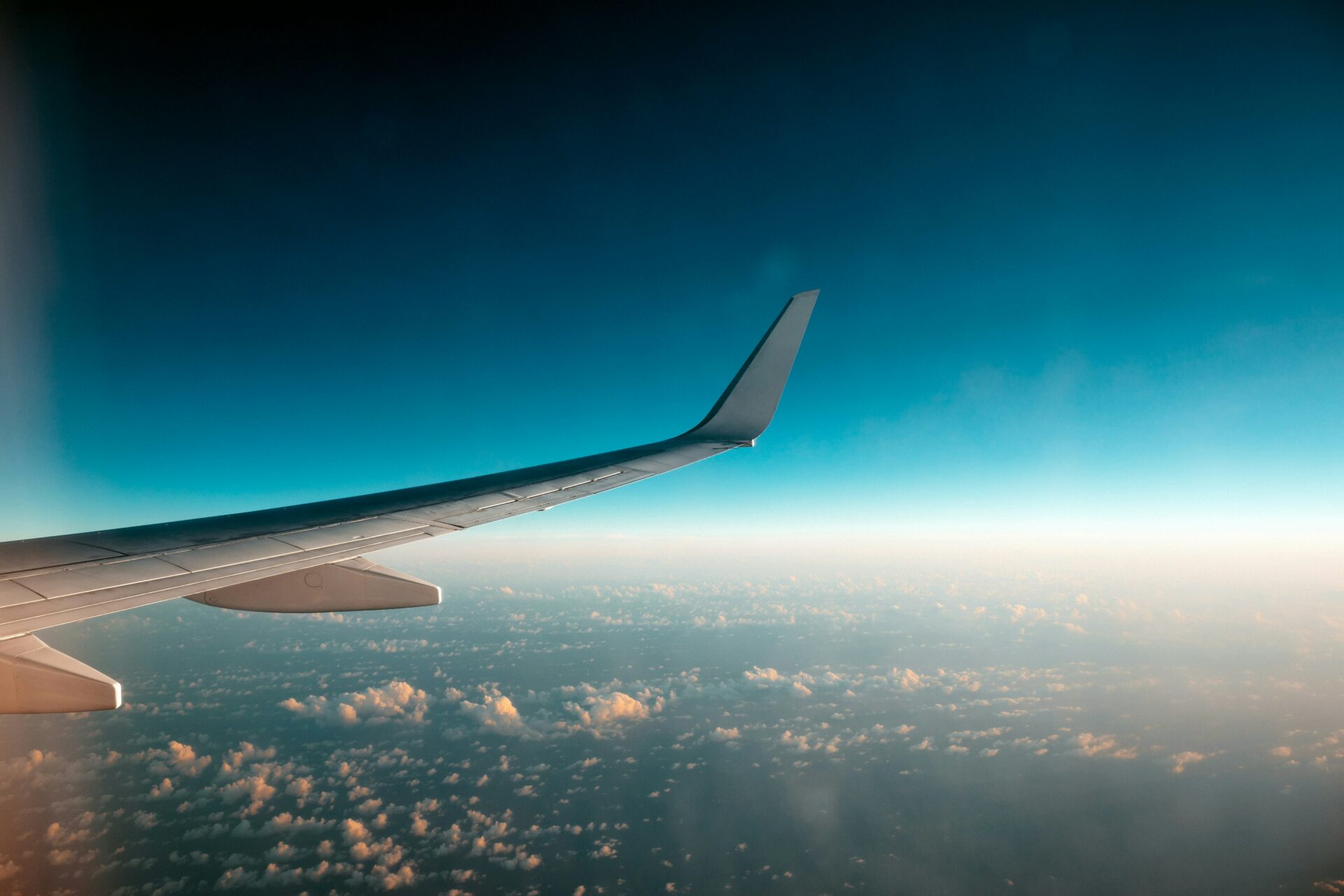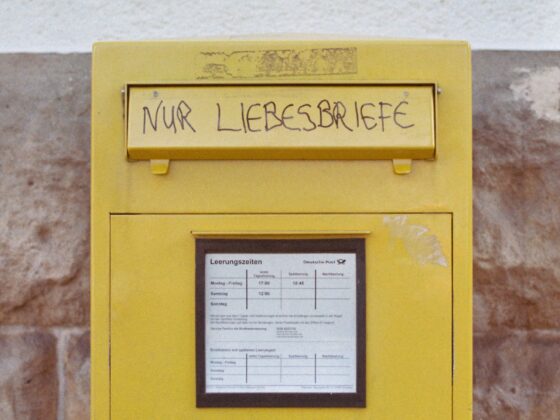Alexandria, VA – As companies worldwide continue to navigate their business travel strategies amid change and uncertainty, confidence among global industry professionals is rebounding. Forty-three percent of business travel professionals worldwide say they are more optimistic now, up 15 percentage points versus prior months in 2025. However, concerns remain, relative to still-anticipated decreases in business trip volume, spending and revenue at their organizations for 2025.
Business trip and traveler preferences and patterns are also evolving, and new technologies such as artificial intelligence (AI) are reshaping how companies anticipate managing travel. Yet, challenges persist ─ from traveler accessibility gaps to the impact of government actions ─ and continue to redefine the landscape.
This is according to the Global Business Travel Association (GBTA) which today released findings from its 37th Business Travel Industry Outlook poll, capturing the latest sentiment and trends among business travel professionals worldwide.
This latest poll reflects what has always been the industry’s innate ability to innovate and change – to succeed in the face of challenges. Business travel is showing signs of resilience and adaptation, with optimism rebounding and new patterns emerging. However, the poll results also underscore the need for thoughtful strategies to navigate external pressures and internal policy shifts. GBTA remains committed to understanding the trends, and helping the industry move forward with confidence and clarity. Suzanne Neufang, CEO, GBTA
Key findings from the GBTA October poll:
Current Industry Outlook Presents A Mixed View
-
Industry optimism back on the rise
After months of uncertainty, business travel professionals are regaining confidence heading into the final months of the year. Forty-three percent of respondents say they are optimistic about the industry’s outlook for the rest of 2025 ─ a significant jump from 28% in June.Canadian respondents are especially more upbeat, with more than half (54%) expressing optimism, versus 23% in June. It is, however, still 33% below optimism levels compared to November 2024. -
U.S. government actions continue to cast a shadow over business travel spending, volume and revenue outlook
External factors continue to impact business travel. One-third of global buyers (35%) expect their company’s 2025 travel volume will decline due to U.S. government actions, with an average expected decrease of 19%, mirroring similar levels reported in GBTA’s June poll. Also in line with June results, 30% percent of global buyers expect their travel spending to decrease in 2025, by an average of 19%.Global travel suppliers are feeling a bit more confident about business travel revenue for 2025. Thirty-seven percent expect an impact to their business travel revenue (an improvement from 48% in June), with a similar anticipated decrease of 16% on average.It is likely that declines in second and third quarter volume and spend are not able to be “made up” in the fourth quarter, Thus, the fairly stable view of slower/lower growth for 2025, even as optimism rebounds. - Revenue concerns continue to be most pronounced among lodging suppliers (59%), but consistent since June (58%). Travel management company (TMC) respondents are less likely to expect a decrease (32% in October versus 48% in June) while more airline professionals expect a decrease (50% October versus 39% June).
- The October poll shows EMEA-based travel buyers are least likely among other regions to expect a decline in volume (29%) or spending (23%).
How People, Policies and Programs Are Shaping Business Travel Trends
-
Business travel patterns shift toward longer, multi-stop trips
The way companies and their employees travel for work continues to evolve. Nearly two in five travel buyers (39%) report a rise in “linked” or multi-meeting/multi-destination trips. One-third (33%) have seen longer trip durations and another third (32%) say day trips have decreased in the past year. In GBTA’s 2024 poll, 53% of buyers reported seeing more linked business trips, 36% reported longer business trips and 27% cited fewer day trips versus 2023.Premium economy bookings are on the rise, especially in EMEA, where 45% of travel managers noted an increase. -
Travel policies tighten on short-term rentals, while employees are willing to pay for better experiences themselves, without reimbursement expectations
Corporate travel programs are split when it comes to employees and short-term rentals: 57% of policies prohibit use of platforms like Airbnb and Vrbo, while only 8% always allow them. Meanwhile, whether for convenience or comfort, some employees are deciding to cover what their travel policies don’t. Two in five travel managers (43%) say their employees at least occasionally pay out-of-pocket for travel upgrades, most often for flight cabin upgrades (78%) followed by airport lounge access (30%) and extra hotel nights (29%). -
Blended travel continues to gain ground, boosting employee satisfaction
Combining business and leisure travel continues to evolve. Forty-three percent of travel programs now have defined policies for blended or “bleisure” travel, with 71% of buyers citing benefits of improved employee satisfaction and 68% noting better work-life balance. However, concerns remain for travel managers around duty of care (59%), expense tracking (55%), and insurance coverage (46%). -
Traveler accessibility efforts lag; awareness and booking complexity are top barriers
Despite growing awareness, only 18% of travel managers say their company extensively accommodates travelers with accessibility needs, compared to 35% of suppliers. Air travel seating (46%) is the accessible travel option most frequently requested by employees. A 2022 Accessio survey revealed 39% of business travelers identified as having an accessibility requirement that affected their performance. Limited employee awareness (50%), supplier information (30%) and booking complexity (30%) are also cited by travel buyers as major obstacles to accessible business travel.
Is the Business Travel Industry Embracing the Next Wave of Artificial Intelligence?
-
Agentic AI adoption accelerates, but data privacy concerns loom
The industry is embracing agentic AI, with nearly half of suppliers and TMC professionals (49%) and one-third of buyers (33%) reporting their companies are already experimenting with autonomous AI. In GBTA’s February poll, 34% of travel buyers said they planned to apply AI in their travel program in “significant ways” in 2025. Top applications for both travel buyers and suppliers and TMCs are customer service, traveler personalization, and automated itinerary planning. Additionally, half of buyer respondents (51%) are planning to use agentic AI for expense reconciliation. - Data privacy and security along with integration with existing systems are top concerns for buyers, suppliers and TMCs.
Methodology
The online poll was conducted from October 2-15, 2025, and drew responses from 591 GBTA member and non-members ─ including corporate travel managers, suppliers, and intermediaries ─ across North America, Europe, Asia Pacific, Latin America, Africa, and the Middle East. Respondents represented organizations with global, regional, and local responsibilities, and a wide range of business travel spend profiles.
For more information and to access the full poll results, visit GBTA Research. For more information about GBTA Research, contact [email protected].
About GBTA
The Global Business Travel Association (GBTA) is the world’s premiere business travel and meetings trade organization headquartered in the Washington, D.C. area and serving stakeholders across six continents. GBTA and its 8,000+ members represent and advocate for the $1.48 trillion global travel business and meetings industry. GBTA and the GBTA Foundation deliver world-class education, events, research, advocacy and media to a growing global network of more than 28,000 travel professionals and 125,000 active contacts. For more information visit gbta.org.
About the GBTA Foundation
The mission of the GBTA Foundation, the US 501c3 charitable arm of the Global Business Travel Association, is to help the global business travel industry create a positive impact and better future for people and the planet. The GBTA Foundation focuses on the strategy and execution of GBTA’s global sustainability programs, supporting initiatives related to climate action; diversity, equity and inclusion; and other talent-related topics via education, research and advocacy. For more information visit gbtafoundation.org.
Debbie Iannaci
GBTA Global Communications, PR & Research
+1 305 301 7057
GBTA









